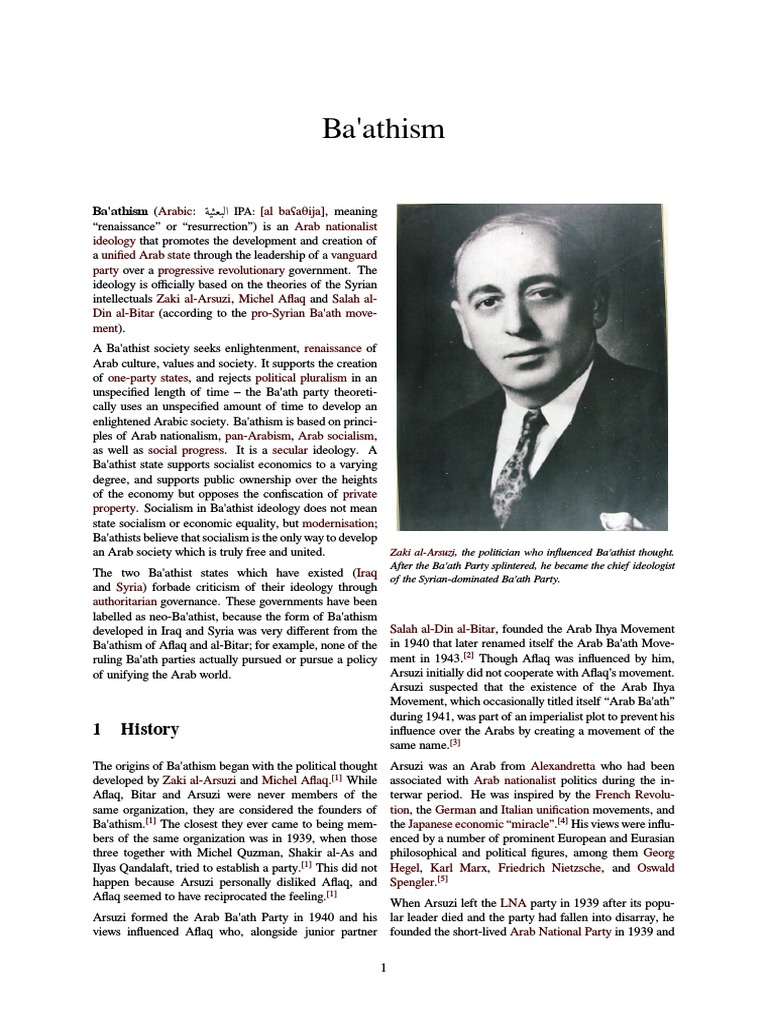In the panorama of world religions, the Bahá’í Faith emerges as a unique beacon of hope and unity. Rooted in the teachings of Bahá’u’lláh, this relatively young religion emphasizes the transformative power of love, tolerance, and oneness of humanity. However, for many atheists and skeptics, religion often conjures images of dogma, division, and intolerance. The Bahá’í teachings, in contrast, present a compelling case for an ideological framework that resonates beyond the confines of traditional belief systems. This article aspires to explore the Bahá’í principles, framing an atheist’s defense of the faith, while underscoring the monumental shift in perspective it prompts.
To commence this exploration, it is paramount to delineate the core tenets of Bahá’í teachings. At the heart of this faith lies the principle of the oneness of humanity. Bahá’ís advocate vigorously for the idea that all individuals, regardless of their backgrounds, are part of a single human family. This vision implores adherents to transcend prejudice—whether racial, national, or religious—and to cultivate a sense of universal brotherhood. This fundamental perspective challenges atheists to reconsider notions of identity and affiliation. Are we, above all else, simply products of our beliefs, or can we embrace a broader, more inclusive identity?
Another tenet worthy of reflection is the notion of the oneness of religion. Bahá’ís assert that the world’s major religions stem from the same divine source, akin to diverse branches of a singular tree. This assertion invites inquiry into the commonalities between various faiths rather than their differences. An atheist, questioning traditional theism, might find solace in the Bahá’í view that religions have evolved to meet the dynamic needs of humanity, thereby promoting a perspective that celebrates change and adaptation in moral teachings. This notion can evoke curiosity—can one find divinity in the evolution of thought rather than in fixed doctrines?
Moreover, a hallmark of Bahá’í teachings is the emphasis on justice and equality. The religion advocates for the full equality of all genders and condemns discrimination in all its forms. This commitment to social justice mirrors ideals frequently endorsed by secular humanism. An individual who identifies as an atheist may discover a shared moral compass and principles that dovetail with Bahá’í beliefs. The cultural dexterity exhibited by Bahá’ís in advocating for equitable social structures may encourage a re-examination of moral frameworks—are ethical principles necessarily tethered to a belief in a deity, or can they emerge organically from a commitment to human well-being?
The Bahá’í Faith also emphasizes the importance of independent investigation of truth. Unlike many faiths that demand adherence to specific dogmas, Bahá’ís encourage individuals to pursue knowledge and spiritual understanding autonomously. This principle resonates deeply with the scientific ethos, inviting skepticism and inquiry. For atheists, who often champion reason and evidence, this aligns seamlessly with a worldview that prizes critical thinking. Bahá’í teachings thus not only accommodate but celebrate intellectual exploration as a pathway to deeper understanding and connection.
Additionally, the role of community is pivotal within the Bahá’í framework. It serves as a catalyst for collective action, uniting individuals toward common goals. Atheists, who often grapple with feelings of isolation in their pursuits, may find inspiration in the Bahá’í commitment to service and community building. The idea that social and spiritual development can be achieved collectively offers an enticing prospect, challenging individuals to consider their role in fostering a more unified world. What can emerge from the synergy of diverse perspectives working towards a common good?
The Bahá’í approach to science and religion is another noteworthy aspect that deserves examination. Bahá’ís see science and spirituality as complementary forces, rather than opposing paradigms. The teachings advocate for a harmonious relationship between empirical understanding and spiritual insight. For those with an atheistic perspective grounded in scientific rationalism, this proposition serves as a gateway to reconsidering the role of spiritual inquiry. Can science and spirituality coexist in a manner that enriches both domains? This intersection leads to profound contemplation and broadens the scope for dialogue.
Furthermore, the emphasis on global peace remains a cornerstone of Bahá’í teachings. The prophet Bahá’u’lláh envisioned a world of peace achieved through collaboration and mutual understanding. In an era often marred by conflict and division, such a vision feels both necessary and transformative. An atheist perspective can leverage these principles towards advocating for systemic change and global harmony. How can we, as global citizens, contribute to the realization of peace in society? The Bahá’í teachings prompt reflection on avenues for collaboration across ideological divides.
In conclusion, the Bahá’í Faith, with its emphasis on the oneness of humanity, the pursuit of truth, commitment to social justice, and harmony between science and religion, encapsulates a worldview profoundly relevant to contemporary discourse. Atheists, often positioned as critics of organized religion, may find within Bahá’í teachings a reservoir of insights that challenge preconceived notions and promote a more expansive understanding of human potential. The invitation to explore these teachings not only piques curiosity but also offers a compelling narrative of hope and unity in an increasingly fragmented world. Thus, the Bahá’í Faith stands as a testament to the enduring quest for understanding, solidarity, and progress in the collective journey of humanity.
